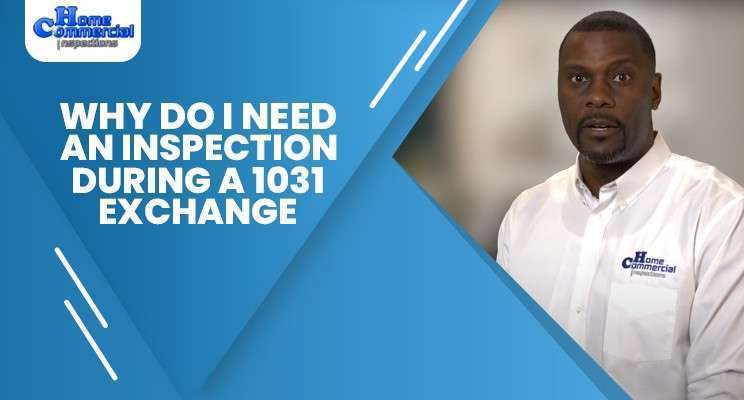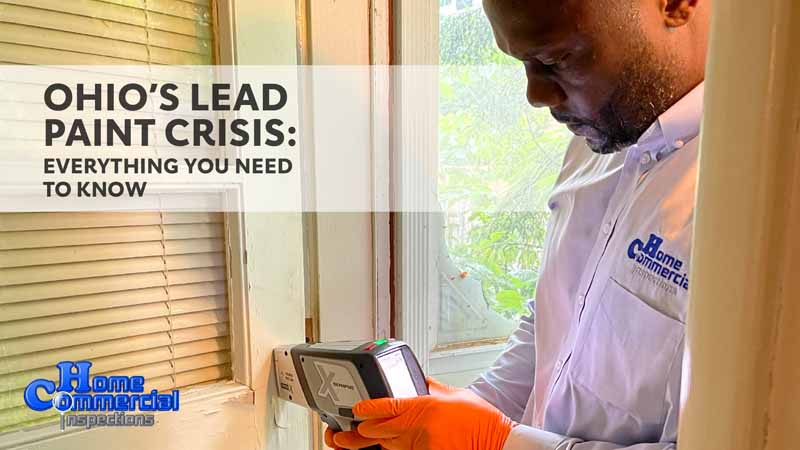
Why Become a Home Inspector in Ohio?
June 18, 2022
Emerging Trends In Central Ohio Real Estate
February 2, 2023Why Do I Need An Inspection During A 1031 Exchange

Prevent Buyer Remorse from a 1031 Exchange by Insisting on a Property Condition Assessment
When commercial properties are exchanged without due diligence, the results can be devastating for your clients. Hidden damages causing unexpected expenses or increased capital expenditure can be distressing and financially crippling. These pitfalls can be avoided with a thorough property condition assessment (PCA).
A 1031 exchange is a real estate system that enables investors to sell one investment property and buy another like-kind replacement property with the proceeds from the sale. This can help your clients evade capital gains and other taxes while increasing their portfolio or cash flow. But the process can be disastrous if not properly carried out, and issues can occur when a buyer swaps their property for another like-kind property that, unbeknown to them, is in poor condition.
The PCA should take place during the regular audits and Phase 1 environmental research phases of purchasing a like-kind commercial property. Regardless of whether the structure in question is new or old, the visual check, analysis, and report give buyers and lenders a truthful evaluation of the property’s present condition and potential future value. To prevent an outcome they may later regret, your clients should carry out a PCA before the swap takes place to potentially increase profitability and enjoy peace of mind.
Ordering a PCA is wise regardless of who assumes responsibility for the transaction. It offers a technical, objective assessment of the situation that is helpful before, during, and after talks. A PCA will also indicate what replacement funds, capital investments, or deferred maintenance are required to maintain a property over a specific time frame.
Companies invest in, purchase, repair, and maintain tangible assets, such as real estate, using capital expenditure (CapEx). This differs from the ongoing maintenance expenditures associated with a property and is a crucial cash-flow factor for real estate investors to consider. Commercial property investors should always consider CapEx while having a property inspected to prevent overestimating the investment worth of the property.
Named after Section 1031 of the United States International Revenue Code, a 1031 exchange enables investors to defer state and federal capital gains tax, net investment tax, some non-resident withholding taxes, and gains from depreciation. That might amount to up to 25–30% of your clients’ gain, saving them thousands of dollars immediately that they can then use to reinvest in new investment property via a tax-deferred exchange.
Investors can use 1031 exchanges to delay taxes indefinitely as long as they continue to reinvest the money in real estate. So they can continue swapping properties till the after life. They can then transfer their interests to their successors, who will get a onetime step-up that could potentially erase all the rolled-over tax liabilities. However, if they sell an asset obtained through a 1031 exchange and do not reinvest the proceeds, they will be subject to the tax liabilities outlined above, besides any taxes owed through the previous 1031 exchanges.
While using a 1031 exchange can be beneficial, it is essential that your clients consult with an experienced legal and tax specialist before beginning an exchange to ensure they avoid potential pitfalls and meet their investment goals.

